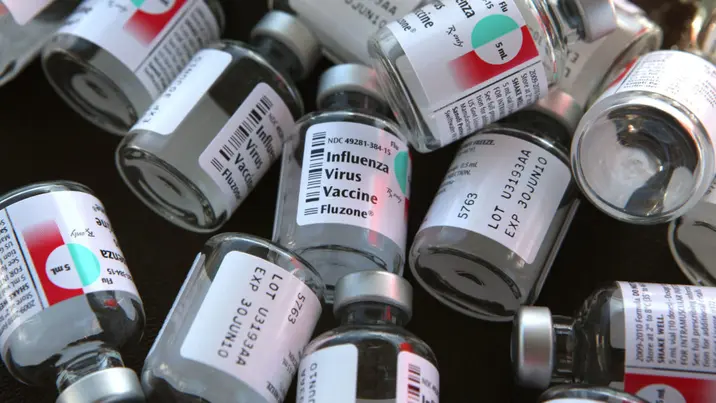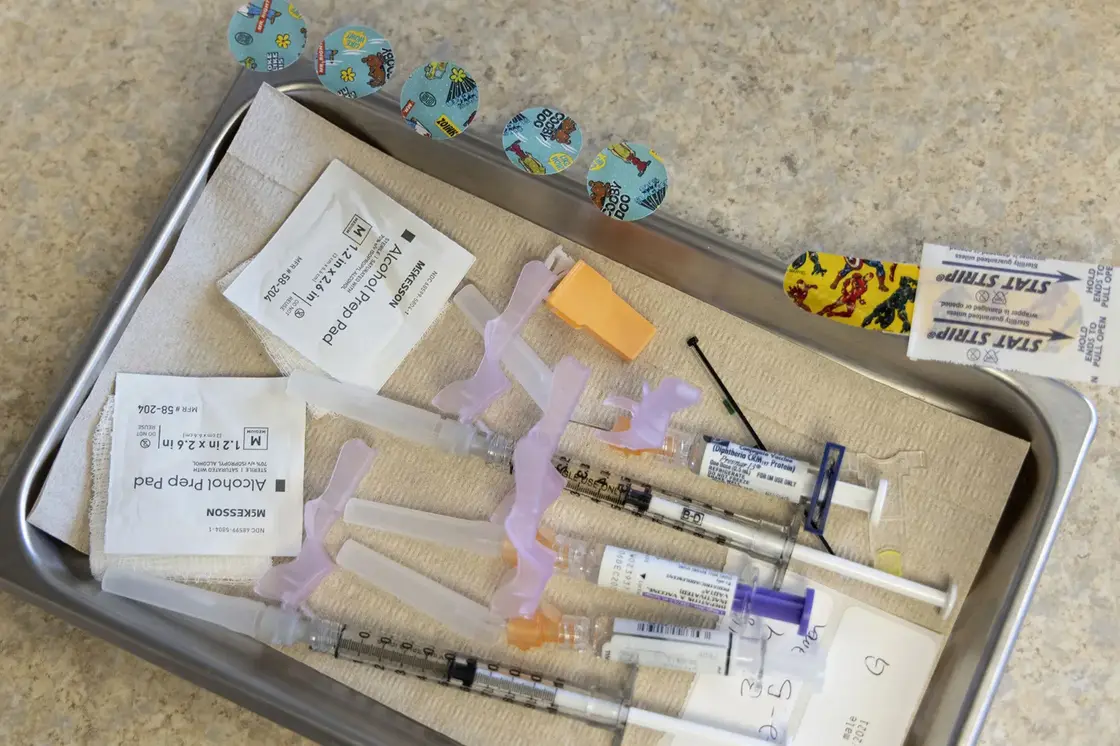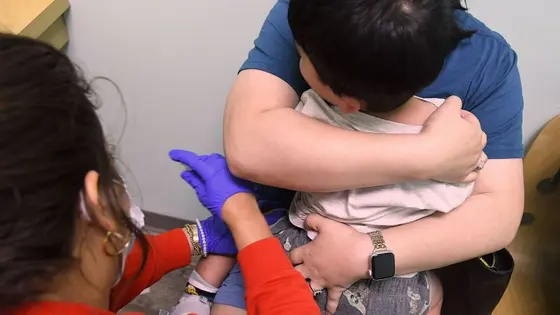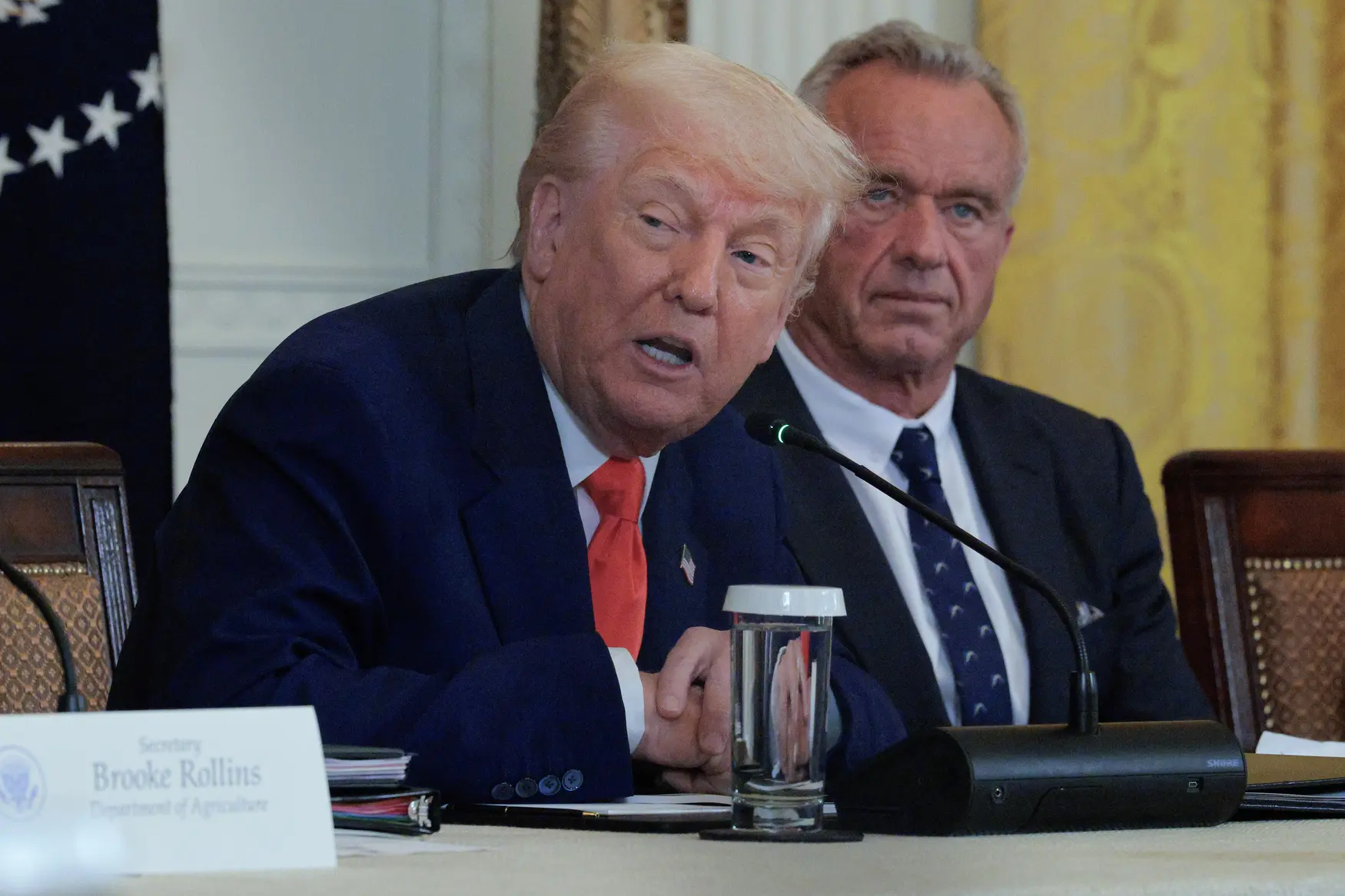T4K3.news
Health policy shifts raise safety and access concerns
Kennedy’s mRNA funding decision, disability advocacy funding risks, and CMS rules on gender care could impact care for vulnerable communities.

A look at recent moves on mRNA funding, disability protections, and gender care rules that could affect care for vulnerable groups.
Health policy battles threaten vulnerable communities
Health secretary Robert F Kennedy Jr. has announced the end of funding for the division that develops medical countermeasures using mRNA. Officials warn this could slow the country’s ability to mount rapid responses to future biological threats. In a separate funding dispute, NIH backed work on an air purifier for COPD was abruptly terminated, leaving researchers with incomplete data and uncertain conclusions.
The budget proposal also raises alarms for disability advocates. It would cut funding for protection and advocacy programs that support Native people with disabilities, a move seen as weakening oversight in the Four Corners region. At the same time, the Centers for Medicare and Medicaid Services is pursuing a rule that would limit hospital participation in Medicare and Medicaid if the facility provides gender-affirming care to minors. The rule is under review and has prompted some hospitals to pause such care.
On the public health front, CDC leadership approved a monoclonal antibody option to protect infants at risk of RSV, while a broad flu shot recommendation for everyone six months and older was issued. The combination of funding shifts and new guidance shows how policy choices now shape care delivery in communities across the country.
Key Takeaways
"We’re unilaterally disarming ourselves in a period in which the bio threats are continuing to proliferate."
Reaction to Kennedy’s decision on mRNA funding from a health policy expert
"This is reckless. It’s putting Americans at risk."
Critique of the same funding decision
"The ongoing funding uncertainty could worsen care for people in the region."
Comment on disability protection funding in the Navajo area
"Hospitals have already stopped providing the care due to the threat."
Impact of CMS rule on gender-affirming care in minors
Policy decisions today test how well the health system can protect vulnerable groups tomorrow. When funding is trimmed or redirected, watchdogs and advocacy groups fear reduced oversight and slower responses to emergencies. The tension between controlling spending and safeguarding access to care is most visible in tribal and disability communities that rely on protective services and specialized healthcare. The ongoing drift between executive actions and public health guidance risks eroding trust just as systems promise more personalized care and broader vaccination. If the aim is resilience, policy makers must balance urgent budget headlines with stable, long term support for the people who bear the consequences of those choices.
Highlights
- Policy choices write the fate of clinics in the Four Corners
- Funding cuts test the safety nets built for the most vulnerable
- The next step in health policy will touch every hospital doorway
- Public health endures only with steady support from Washington
Budget and policy moves risk public health and oversight
The article covers potential budget cuts to disability protection programs, shifts in mRNA countermeasures funding, and a CMS rule targeting gender-affirming care for minors. These changes raise concerns about public health readiness, vulnerable populations, and state oversight.
Care decisions are made in budgets and budgets become care in communities.
Enjoyed this? Let your friends know!
Related News

Parents rush to vaccinate kids due to new health policies

Parents rush to vaccinate children amid Medicaid concerns

Parents rush to vaccinate children amid Medicaid fears

Covid-19 vaccine policy changes spark public concern

UK Enforces Mandatory Age Verification Online

NASA workers issue warning over budget cuts

Korubo people begin adapting to modern life

Steam revises adult content policies
